The importance of coaching, mentoring and sponsorship can’t be overstated in today’s business world or any other walk of life. Many are familiar with coaching and mentoring and find it tough to decide which will help grow their careers the most. We will discuss the importance of managerial coaching which many discount because of the boss subordinate relationship. Each play a distinct role in a career and provide different outcomes. We will try and demystify each with a definition of coaching, mentoring and sponsorship and discuss the considerations for each.
Managerial Coaching versus and Executive Coach
Manager coaching focuses on the development of specific management skills and techniques, such as communication, delegation, performance management, and team building. The goal of manager coaching is to help managers become more effective leaders and improve the performance of their teams.
Executive coaching, on the other hand, is geared towards high-level executives and focuses on personal development and leadership skills. It often involves working on strategy, vision, and personal brand, as well as addressing issues such as stress, work-life balance, and decision-making. The objective of executive coaching is to help executives achieve their full potential and succeed in their role.
Both manager coaching and executive coaching can be valuable for individuals seeking to improve their skills and advance their careers. However, it is important to choose the right type of coaching based on your goals and development needs.
What to Look for in an Executive Coach
When searching for an executive coach, it’s important to find someone who is well-suited to your individual needs and goals. Here are some key factors to consider:
- Relevant experience and expertise: Look for a coach who has experience working with executives in your industry or with similar career challenges.
- Communication style: The coach should be able to communicate effectively, listen attentively, and provide constructive feedback.
- Professional credentials: Consider a coach who has relevant certifications, such as a Professional Certified Coach (PCC) from the International Coach Federation (ICF).
- Reputation and references: Look for a coach with a solid reputation and positive references from past clients.
- Chemistry: It’s important to find a coach with whom you have a strong rapport and feel comfortable sharing personal and professional information.
- Goals and approach: The coach should have a clear understanding of your goals and a well-defined coaching approach that aligns with your needs.
- Availability and commitment: Ensure the coach is available and committed to working with you for the duration of the coaching relationship.
By considering these factors, you can choose an executive coach who is well-suited to your needs and can help you achieve your professional and person of Form

The Difference Between Coaching and Mentoring
Coaching typically focuses on specific, short-term goals and challenges, such as improving performance, learning new skills, or overcoming obstacles. A coach provides guidance, feedback, and support to help the individual achieve their objectives.
Mentoring, on the other hand, is a longer-term relationship that focuses on career development and personal growth. A mentor provides guidance, advice, and support, but also serves as a role model and source of inspiration. The mentor helps the mentee gain a broader perspective and grow professionally over time.
In coaching, the coach is typically an external expert brought in to provide specific guidance and support. In mentoring, the mentor is often an experienced and trusted colleague or supervisor who has a more personal connection with the mentee.
Both coaching and mentoring can be valuable tools for personal and professional development. The choice between the two depends on the individual’s goals and the type of support and guidance they are seeking.
How do I find a mentor?
Finding a mentor can be a valuable step in your personal and professional development. Here are some steps to help you find a mentor:
- Identify your goals: Clarify what you hope to gain from a mentorship relationship, such as guidance, support, or specific skills development.
- Network: Attend industry events, join professional organizations, and reach out to individuals in your field. Build relationships with potential mentors and seek their advice and guidance.
- Look within your organization: Your organization may have a formal mentorship program, or you may be able to find a mentor through your work network.
- Consider your personal interests: Seek out individuals who share your personal interests, such as volunteering, sports, or hobbies.
- Be specific in your request: When you have identified a potential mentor, reach out and ask for their guidance and support. Be clear about your goals and what you hope to gain from the relationship.
- Build the relationship: Once you have found a mentor, focus on building a strong and productive relationship. Be open, honest, and responsive to their guidance and feedback.
By following these steps, you can find a mentor who can provide valuable support and guidance for your personal and professional growth. Remember, mentorship is a two-way relationship and it’s important to maintain the relationship and show appreciation for their support.

What is a Sponsor and how do I Find One?
A sponsor is a senior-level individual who advocates for an individual’s career development and advancement within their organization. A sponsor can provide valuable resources, introductions, and support to help the individual achieve their career goals.
To find a sponsor, consider the following steps:
- Identify potential sponsors: Look for senior-level individuals in your organization who have a strong reputation, influence, and track record of supporting others.
- Build a relationship: Get to know the potential sponsor through informal conversations, networking events, and professional associations. Show genuine interest in their work and accomplishments.
- Demonstrate your value: Demonstrate your skills, abilities, and potential to the potential sponsor by excelling in your work and taking on challenging projects.
- Ask for sponsorship: Once you have established a relationship with the potential sponsor and demonstrated your value, ask for their support and advocacy in your career development.
- Maintain the relationship: Regularly touch base with your sponsor and keep them informed of your career goals and progress. Show gratitude for their support and be responsive to their guidance and advice.
By following these steps, you can find a sponsor who can provide valuable support and advocacy for your career development. Remember, sponsorships are a two-way relationship and it’s important to maintain the relationship and show appreciation for their support.
There are plenty of options to decide when thinking about coaching, mentoring and sponsorship. Don’t overlook the importance of the coaching received from your manager. Mentoring is helpful to bounce ideals off of someone who has more experience and can provide guidance. The ultimate is Sponsorship which can accelerate career development. Getting executive coaching earlier in your career can have a significant impact.
If you want to listen to the Real HR podcast on Coaching, Mentoring and Sponsorship, you can access it by clicking here.
If you would like to learn more about Core Management Training, reach out to us today
Want to read more? Check out our other blogs here.


